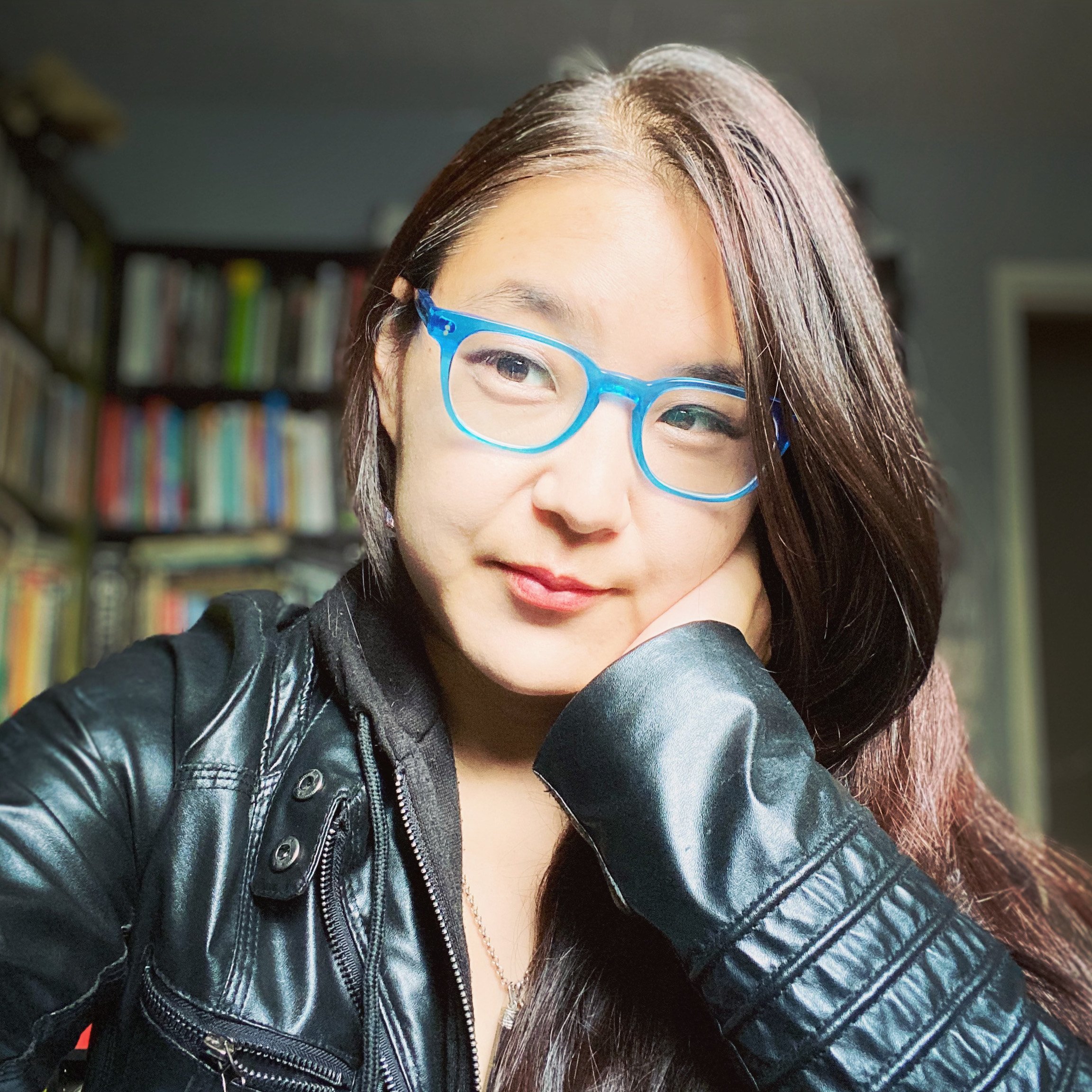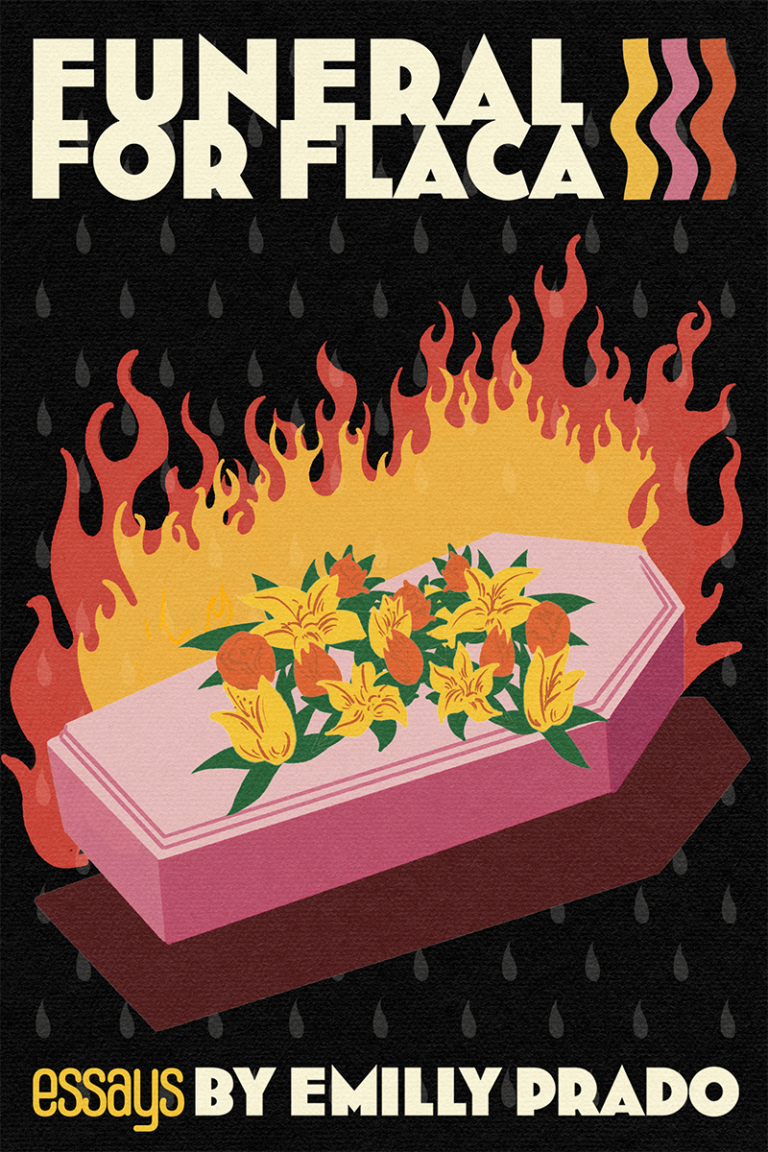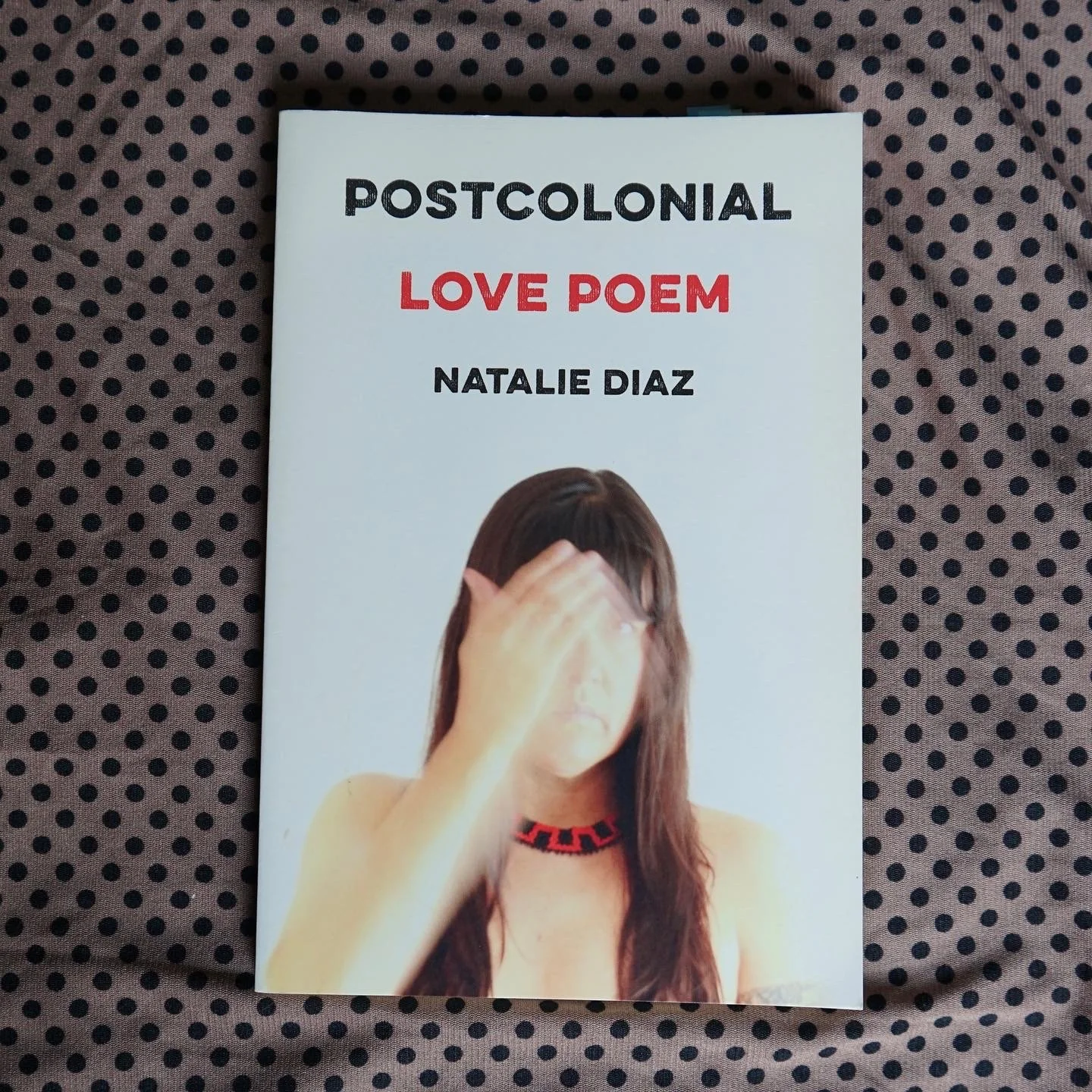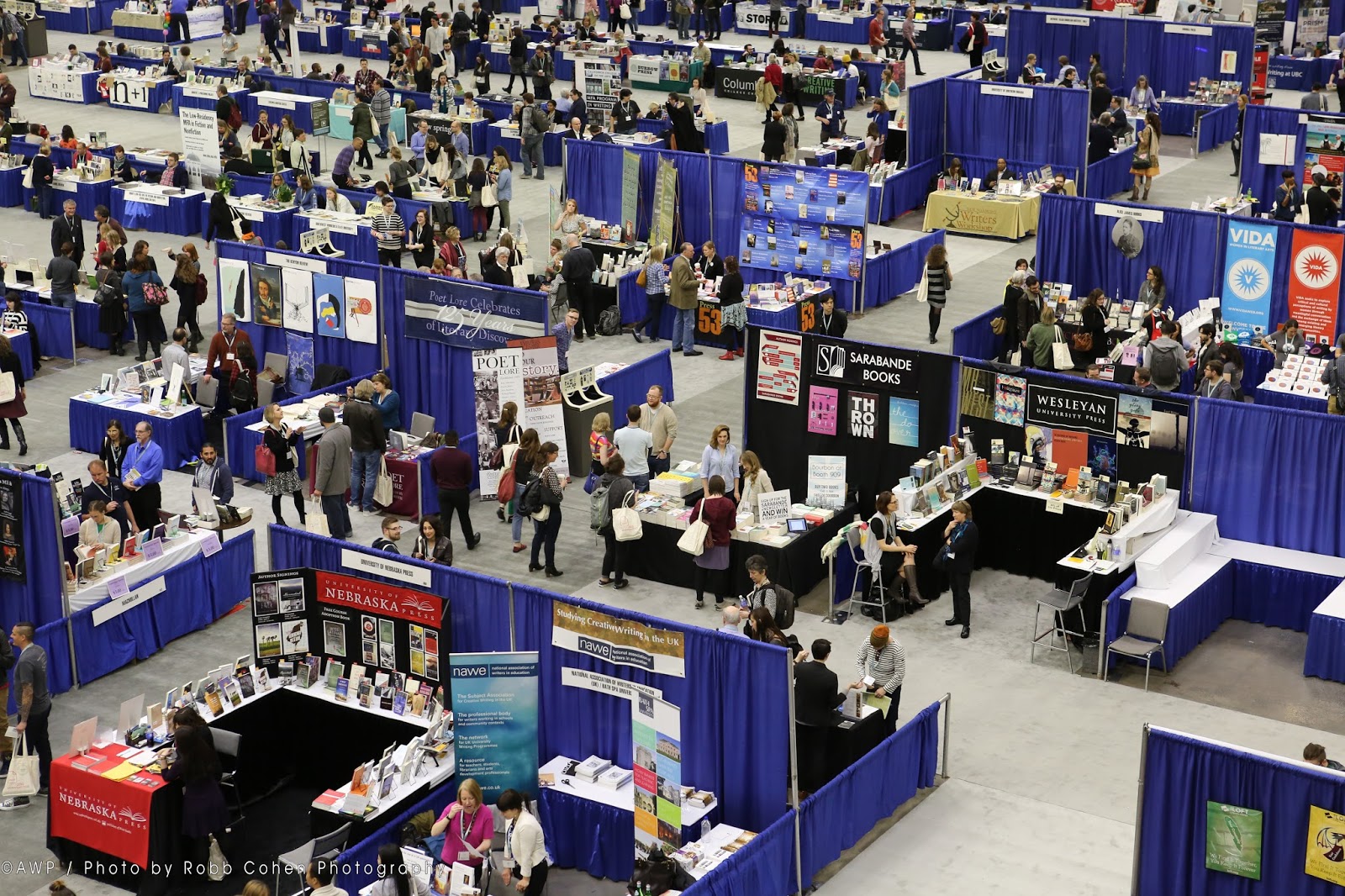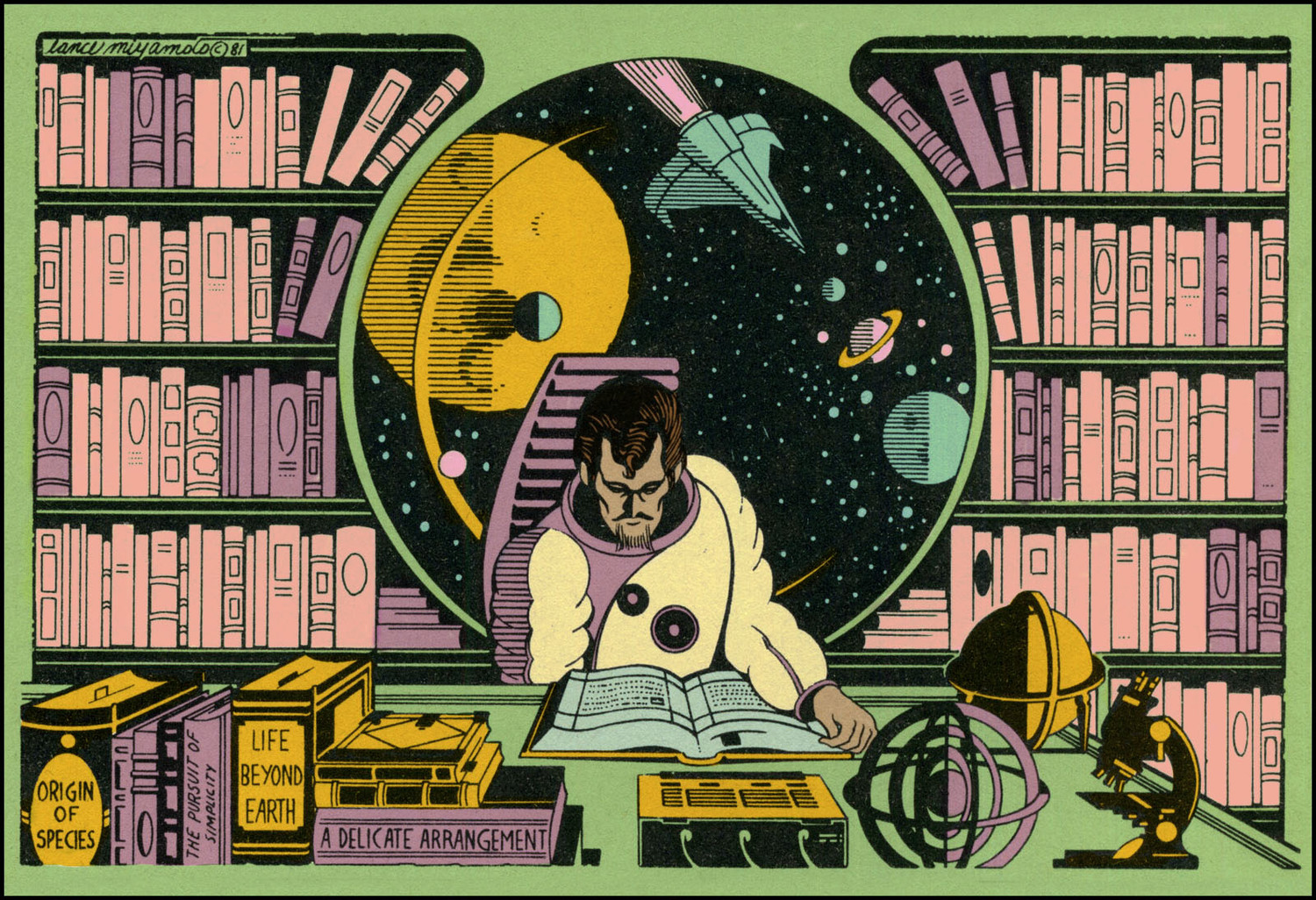De-Canon resumes its mission of “de-canonizing” by teaming up with Fonograf Editions to publish an anthology of hybrid-literary works by women and nonbinary BIPOC writers. This anthology will explore multimodal forms of writing that navigate the restless intersections of writing, visual art, and other media, and that innovate in their contemplations - and complications - of language and form.
Submissions are open from October 1st to December 15, 2021. — DEADLINE EXTENDED to January 31, 2022
What is hybridity? What does it mean, and why does it matter now, to pay heed to hybrid modes of writing and art, to confluences of aesthetic mediums, to processes that make visible the seams and in-between spaces of the realms we ‘make’ in? How does the hybrid form potentially re-define “writing”? And, what fuels a writer/artist to construct forms of their own hybrid making, to blend or reconfigure or dissolve the established lines between modes of ‘voicing’?
In this anthology we wish to investigate how and why the hybrid space resonates as it does, notably for BIPOC women and nonbinary writers, who may use such modes to elasticize and elude definitions, defy and blur boundaries, and thus reimagine paradigmatic possibilities. We see the medium of language as a complexly riddled and rife material of the 21st century, one that is multi-textu(r)al (textual and con-textual), made of more than words, interwoven, punctured, fragmented, grafted, possessing power to construct and deconstruct, fed into by many rivers of experience: our marginalizations and migrations, diasporas and displacements, invisibilities and hyper-visibilities. We are interested in how writers of hybrid natures and minority backgrounds are devising ways of working with language that both subvert and re-form the dominant narratives that language (notably: English) has been used, historically, to uphold. Our exploration of hybrid forms is also an exploration of the creative possibilities of language, filtered through varying modalities, from image to sound to object, and how this results in new richnesses of reading and perceiving.
We are especially interested in works that reach beyond the textual to engage multiple sense faculties and cross-disciplines: sight, sound, somatic experiences; performance, multimedia, music, installation, and more. We are interested in intersections of literature and visual art, image and text, text and sound, photography and writing, text and orality, book and object, performance and print, and many other experiments. We are also interested in process or creative scholarship that speculates and contextualizes about hybrid literary forms. We define “hybrid” as meaning work that is multimodal and inhabits intersections, but still uses language as a primary material. (Per this parameter, we also understand that language might not always employ words.)
Writers whose work is accepted should anticipate an editorial process that will include conversations about how their work translates to the page, as it would appear in a print anthology published via Fonograf Editions. We are also excited to work collaboratively with writers whose work is accepted to imagine a secondary mode to unveil their work: we anticipate exploring “hybridity” in the ways we will share this project, beyond its book form, with the public. Our current tentative publication/release date is Fall 2022.
If you have further questions about whether your submission qualifies as “hybrid”, please contact us at: decanonproject@gmail.com
: : :
We are looking for:
multimodal literary writing and artwork (“literary” meaning language is a primary material)
essays and creative scholarship on hybridity and multimodal writing/artwork
collaborative work / collective authorship as a form of hybridity
Works might take the shape of:
image and text works (poetry, prose, lyric essay)
visual-textual works
concrete poetry
asemic writing
photography and text
photo essays
visual art and text
maps, diagrams, other visual graphics that employ text
video poetry
poetry and sound works
comics, zines
audio writings, recordings
book objects
documentation of art book or visual-literary installations and projects
visual + literary works that utilize online or new media modes
essays and creative scholarship on hybrid literary forms
: : :
Submission Guidelines & FAQ
Who can submit?
Women and nonbinary BIPOC writers based anywhere. While our anthology will be a US-based publication, we are open to submissions from beyond U.S. borders. We also accept works in translation, bilingual or multilingual works, and works that contain elements and sections in languages other than English; as well, works that utilize multiple languages as a visual element. However, we wish to be transparent about the fact that our editorial perspective will be rooted in English.
How long can my submission be?
Continuous prose submissions should not exceed 4,000 words.
Other continuous submissions (including text and images sequences) should not exceed 12 pages.
Video and sound/audio submissions should not exceed 10 minutes in length.
In what format should I submit my work?
Text and/or image submissions should be submitted as PDF files, to preserve original formatting.
If you have sequential images or visual/graphic elements, please submit as a combined PDF file.
If you have multiple separate single-page pieces for us to consider, please also submit as a combined PDF (up to 12 pages total).
Although we accept video and sound files through Submittable, if you are submitting multimedia files, we prefer to view/listen to them in the highest quality possible. With that in mind, you may send us video and audio links (i.e. Vimeo, YouTube).
What else should I include in my submission?
Please provide a short description of your project or projects in your cover letter and be sure to address how your work responds to this call for hybrid-literary works.
Why is there an entry fee to submit and will writers be compensated if their work is published?
We charge an entry fee for submissions to offset administrative and editing expenses, which also enhances our capacity to provide honoraria to writers whose work is selected for publication. However, if you are a writer for whom this entry fee is prohibitive and still wish to submit work, please email: decanonproject@gmail.com
Writers whose work is selected for publication in the anthology will receive a small honorarium for their contributions.
When can I expect to hear back about my submission?
Our reading period will be Oct. 1-Dec 15, 2021. We anticipate making selections for the anthology beginning in early 2022, and final decisions by April 2022. As is the case with many editorial situations, the work of reading and editing is a process that requires deep attention and sometimes more time than one expects. We thank you in advance for your patience, as well your understanding that we may not be able to respond to every submission. We are very excited to encounter your hybrid-literary works!
About De-Canon & Fonograf Editions
De-Canon currently exists as a social/literary art experiment that centers works by BIPOC writers and artists and creates spaces (virtual, physical, via publishing) where these works and voices are honored. De-Canon was founded as a “pop-up library” and literary resource project in 2017 in Portland, Oregon, with a collection of 500+ books. De-Canon’s mission is to challenge and unsettle past and existing ideas of what constitutes the North American literary “canon” through positing—not simply an alternative canon, but multiple canons—that are inclusive, diverse, and multi-storied in their approach to representation.
Established in 2016, Fonograf Editions is a 501(c)(3) non-profit press and literary record label based in Portland, OR. Fonograf exists to take risks that push the boundaries of sound, text, and genre. It values the interdisciplinary, experimental, and unclassifiable, and it strives to bring to life works that resist, bend, and break expectations. Fonograf prioritizes public access by making a component of each of its releases available for free to the public (such as streaming audio online) and by hosting multiple free community events throughout the year.
This anthology project is a collaboration between De-Canon and Fonograf, to be published as part of FE’s Fall 2022 catalog.
De-Canon wishes to acknowledge support for this project from the Oregon Community Foundation and fiscal sponsorship by Oregon Contemporary Art Center.
Please follow us on IG & Twitter at:
@decanonproject
@fonografeditions




